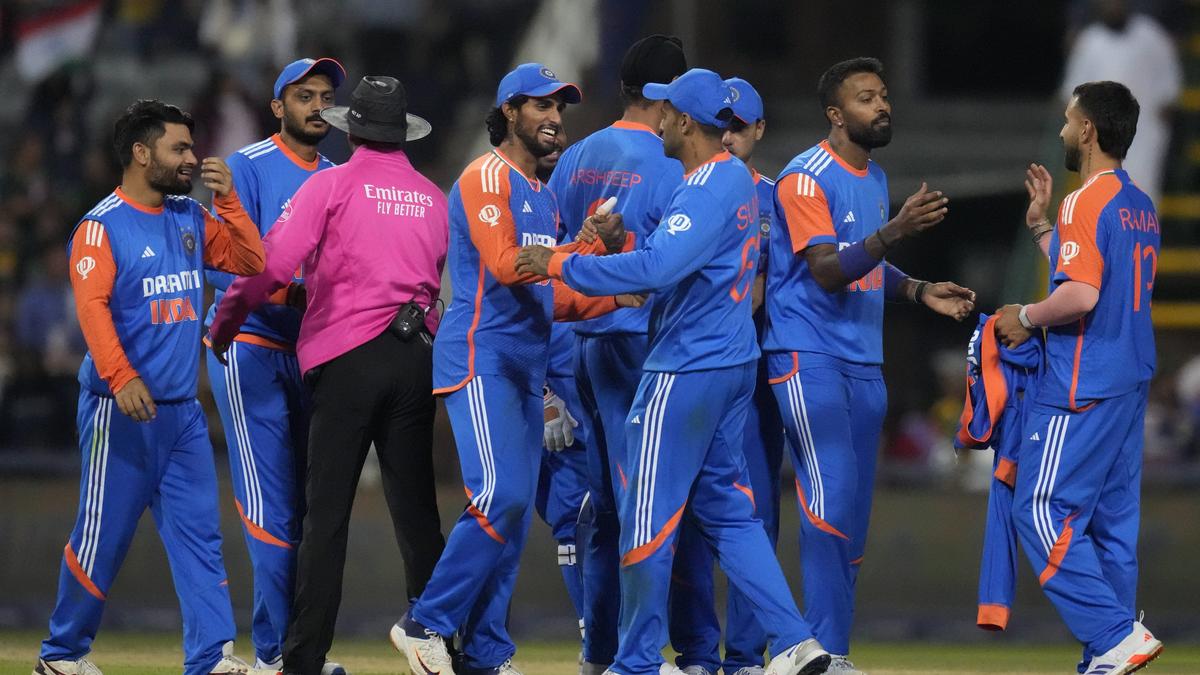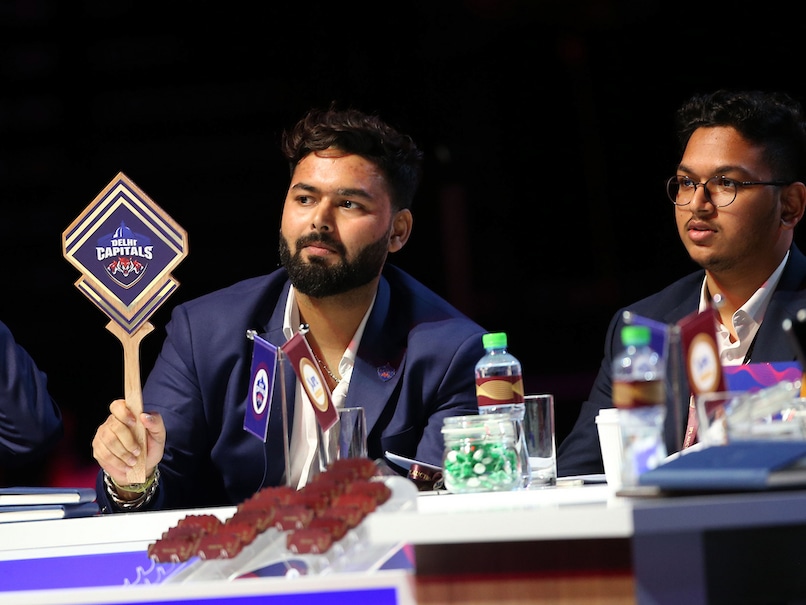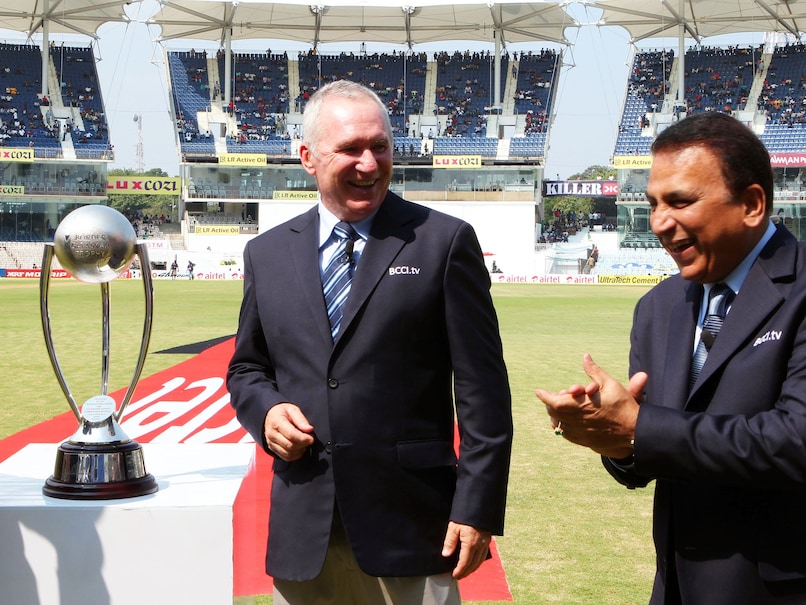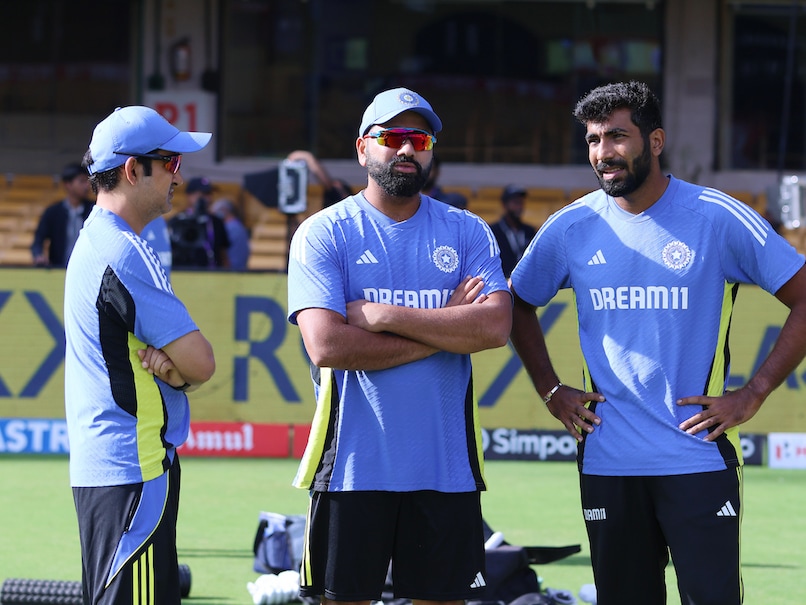The passing of Aunshuman Gaekwad has reignited the spotlight on a fundamental aspect of sports: the significance of courage and unwavering determination. In an era when batters faced some of the fastest bowlers in history without helmets, safety regulations, or impartial umpires, the likes of Gaekwad, Sunil Gavaskar, and Jimmy Amarnath stood tall.
Gavaskar, a legend in his own right, recalls playing alongside three of the bravest cricketers in Indian history: Solkar, Amarnath, and Gaekwad. Each of these players could have said the same about Gavaskar, a testament to their mutual respect and admiration.
The essence of sport lies in courage. During India’s 1983 tour of the West Indies, they faced a formidable bowling attack led by Andy Roberts, Malcolm Marshall, Michael Holding, and Joel Garner. Despite not being at his best, Gavaskar managed a century, having earlier been struck on the head by Marshall. It was a rare occurrence for the opener to be hit, but it highlighted the immense skill and resilience required to survive against such pace.
Amarnath, known for his aggressive batting style, scored 598 runs in that series, hooking the bowlers with abandon. For a brief period, he was considered the best batter in the world.
Other Indian cricketers who have displayed exceptional bravery include C.K. Nayudu, who continued batting after being hit in the mouth by a fast bowler in a Ranji Trophy final. Leg spinner Anil Kumble, with a broken jaw, bowled 14 consecutive overs in the Antigua Test of 2002, becoming the first bowler to dismiss Brian Lara while bowling with a fractured jaw.
Eknath Solkar, a fearless fielder, converted what batters thought were safe shots into brilliant catches at short leg. The spin quartet of the time – Bishan Bedi, Erapalli Prasanna, Bhagwat Chandrasekhar, and Srinivas Venkatraghavan – often credited Solkar’s close-in catching for their success.
Nari Contractor, who turned 90 this year, had his skull fractured by a Charlie Griffith delivery in the West Indies. Remarkably, he returned to play first-class cricket.
Tiger Pataudi, a true icon of Indian cricket, lost an eye in a car accident but returned to Test cricket within five months and led the country within eight months. His courage and determination were unparalleled.
The stories of these brave cricketers serve as a reminder that the essence of sport lies in the ability to overcome adversity and perform under pressure. Their legacy continues to inspire generations of athletes and fans alike.






